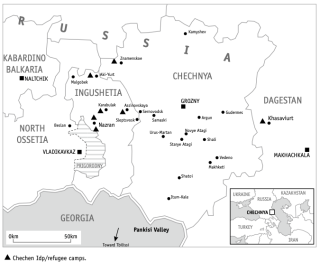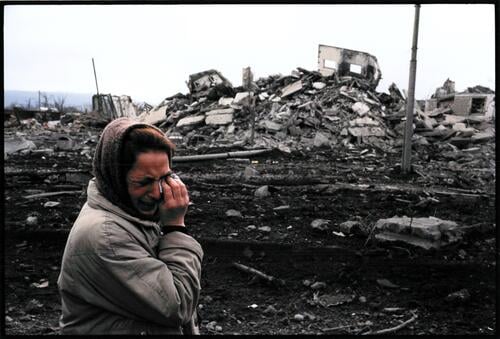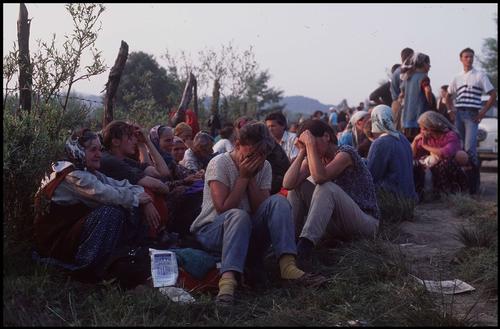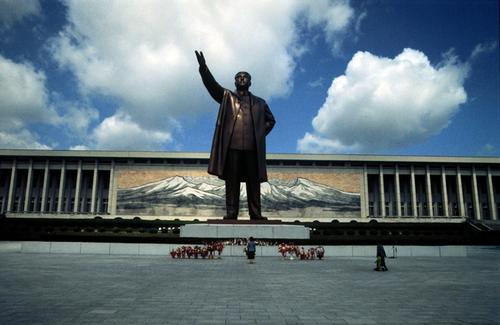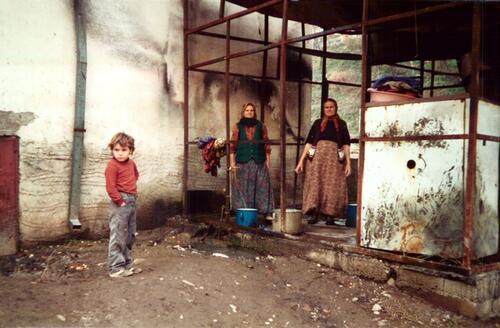All Speaking Out Case Studies > War crimes and politics of terror in Chechnya 1994-2004
The ‘War crimes and politics of terror in Chechnya 1994-2004’ case study describes the constraints, questions and dilemmas faced by MSF while speaking out during the two Russian-Chechen wars and the following years of the so-called ‘normalization’.
Questions and dilemmas:
- Was speaking out the right thing to do with regard to Russia, a power with a veto right at the UN Security Council and a tradition of propaganda control of the public arena?
- Was it realistic to rely on raising the awareness of other UN member states via their public’s opinion?
- In a context of terror, when dealing with a regime in denial of the reality of a conflict, was it useful and was it up to MSF to call for having this situation qualified as ‘war’?
- Should MSF take into account the possibility of a casual link between instances of its public speaking out and the security incidents involving its staff?
- When one of its staff members was taken hostage, should MSF speak out in the media to create visibility that affords him/her some protection, or conversely remain as discrete as possible so as to avoid a rise in his/her ‘market value?’
- Should MSF publicly point out responsibilities, negligence, or even complicity of the government on which soil the kidnapping had occurred, thereby taking active steps to secure the hostage’s release or should it refrain from such a discourse so as to avoid the opposite effect?
- Should MSF continue to publicly denounce the violence inflicted on people in the region, at the risk of radicalising those parties to the conflict who may be responsible for the kidnapping, and place the hostage’s life in danger?
